For many centuries, life remained the same in the small fishing village of Playa Azul, where tides draw in and out to dictate the routine of a small group of residents by the coast.
Contemporary sociopolitical unrest finally brought change to the insular community, however, which saw artisanal fishing giving way to a dangerous wave of drug trafficking. In his new documentary “Ella se detiene a mirar” (“She Stops to Look,” in literal translation), world premiering at the Costa Rica International Film Festival, filmmaker Álvaro Torres Crespo poignantly captures this pained end of a way of life.
Speaking with Variety ahead of the festival, Crespo recalls first visiting the village years ago, saying he was not specifically thinking about making a film in the location. “But, of course, as a filmmaker, you are always thinking about films. I saw a beautiful scene of some fishermen sleeping on the top of a fishing net, which was so beautiful it felt almost biblical. So I started asking around, went back to the place by myself, and started taking photographs.”
The next step was to invite his close friend and creative collaborator Caleb Kuntz, an American photographer who also served as the cinematographer on Torres Crespo’s feature debut “Nosotros las piedras.” “We worked together on my first documentary after meeting at film school, and I love the way that film turned out and how we worked together as a two-person team immersed in the place and the situation we wanted to follow. I wanted to repeat that.”
There began a four-year shooting period, where Crespo and Kuntz returned to Playa Azul to better understand its residents and the change that was happening in the village. At first, the director focused on the kids living in the community, but gradually understood he wanted to tell this story through the eyes of Yesenia, a woman from a family of artisanal fishermen who quietly observed all that surrounded her, from the rising tides to the routine of her husband and their five children and the neighbors who slowly than steadily give up trading fishing in favor of drug trafficking.

Yesenia in “Ella se detiene a mirar,” courtesy of Álvaro Torres Crespo
“At first, she was always in the background; she just stayed back because she didn’t feel comfortable,” says the director of the early days of his relationship with Yesenia. “The kids wanted to be in front of the camera all the time, they had their own little understanding of what a film is. It was clear to the community from the beginning the story I wanted to tell, how I wanted to portray this fishing town that is staying behind, that feels like the last place on earth.”
The result is a poetic, melancholic reflection on how the relationship between people and nature is changing in modern Costa Rica, a subject Crespo also explored in “Nosotros Las Piedras” as he chronicled a group of panners scouring rivers for gold in the country’s dense jungles four decades after the national government expelled them from their lands in the name of ecologic preservation. In his fiction feature debut, “Not Only the Bird is Beautiful,” the director also looked at the relationship between the urban and the rural as he told the story of a middle-class man from San José who drives to the south coast in search of his employee’s wife.
“My main thing is that I don’t want to make films that look like tourism advertisements,” says Crespo when asked about his interest in human versus nature. “I want us to understand our relationship with nature as this aggressive, overwhelming presence that gives and takes. Nature is very present in the tourism of our country, and there’s a high income generated by nature, but it feels like it’s only for the rich, for tourists.”
Despite studying filmmaking in the U.S., Crespo “always knew” he wanted to make films in Costa Rica and follow such questioning. “I sacrificed a lot because I could have stayed in the States and started a career there, but it was never even a question for me. The day after I finished my studies, I came back and started writing my first fiction film.”
“I don’t see myself making films elsewhere,” he emphasizes. “I want to make films here and in the rest of Central America. I feel like most Costa Rican filmmakers are also staying here, which is interesting. There is a small but very effervescent movement of young filmmakers. It’s hard to make movies here, but it’s a good moment for collaboration and creativity, and I am happy that people decided to stay and make their films in Costa Rica.”
As for world premiering “Ella se detiene a mirar” at the Costa Rica International Film Festival, Crespo says it was always the plan to start the film’s journey at home. “While I was shooting, I was constantly reminding myself of the audience in Costa Rica. This film was shot just two hours away from San José, and yet people here don’t understand this reality. I am very eager to see how people are going to react to it, and I hope the people of Playa Azul feel that I was honest and true in their portrayal.”

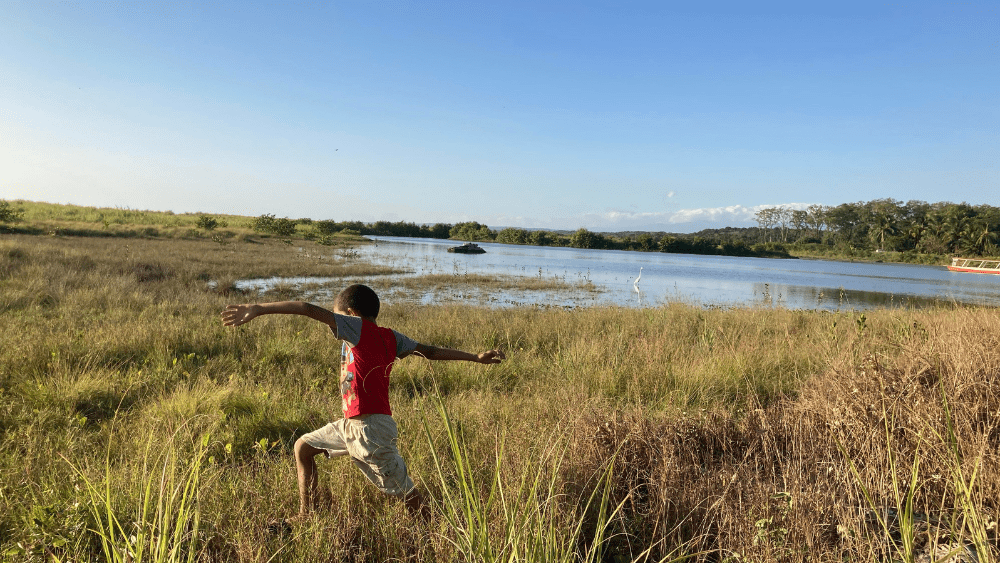

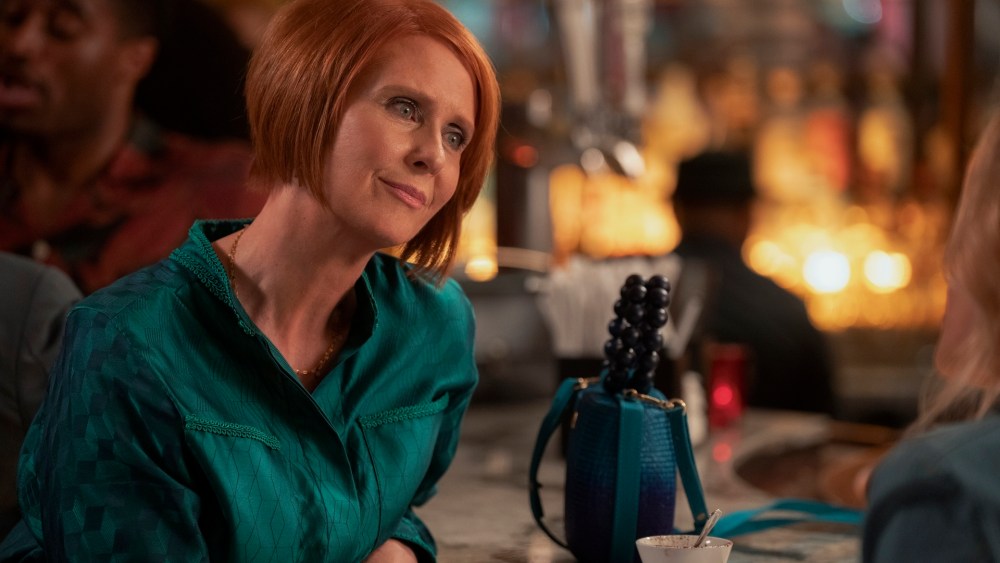
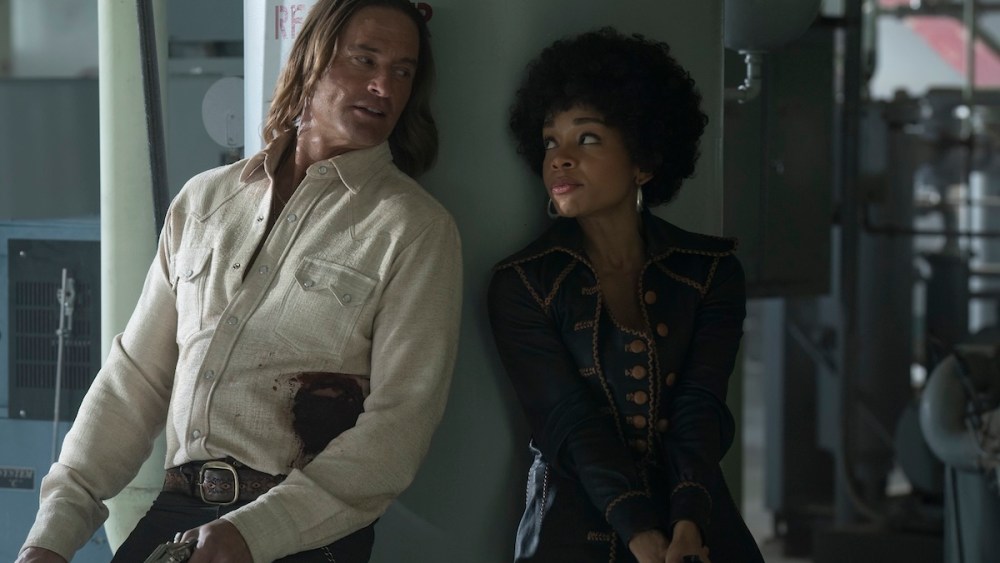

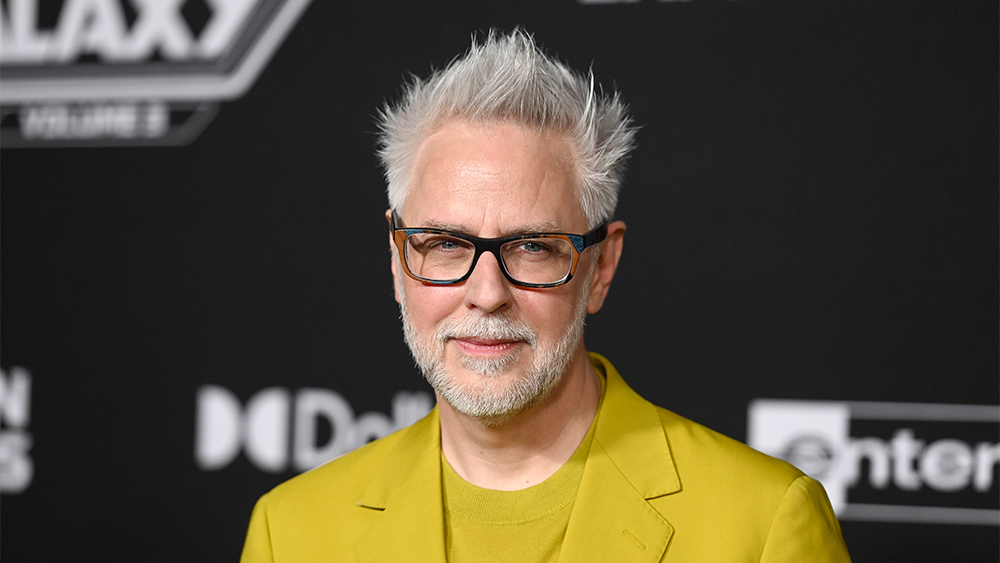
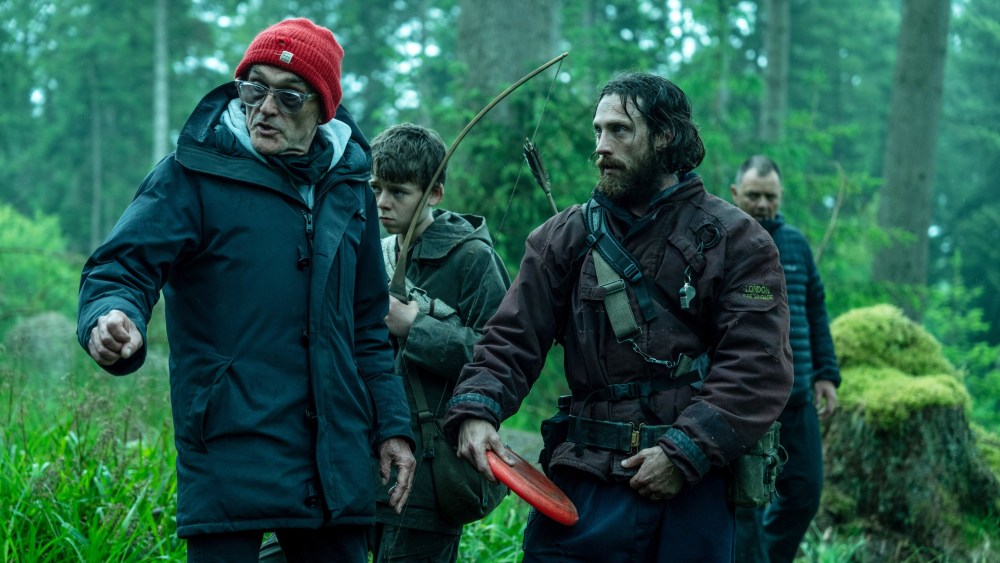
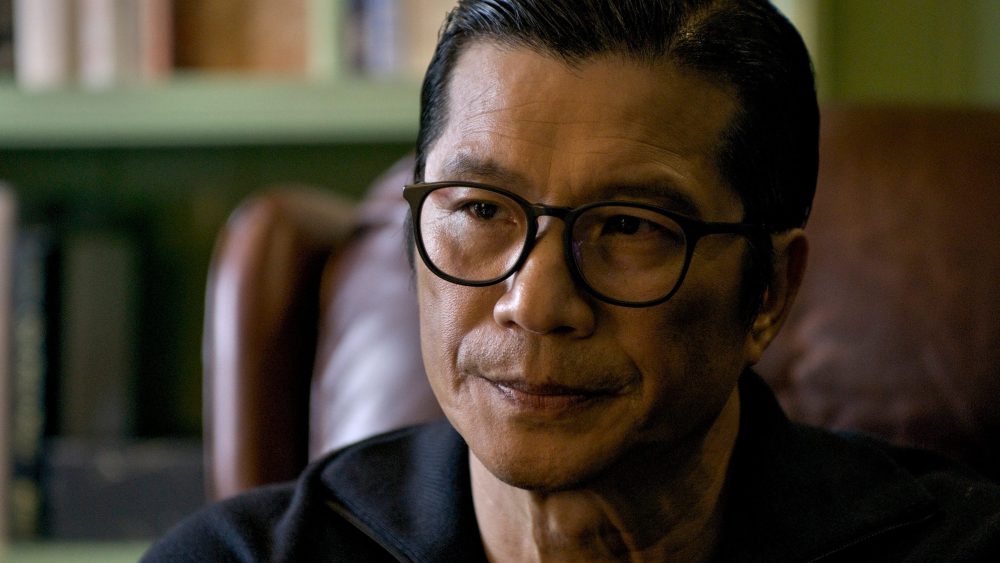
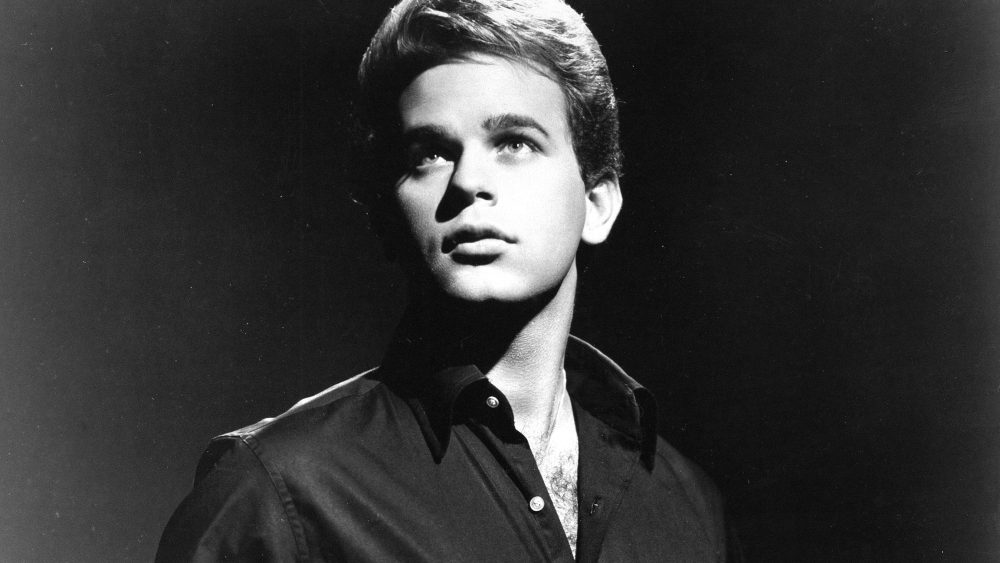



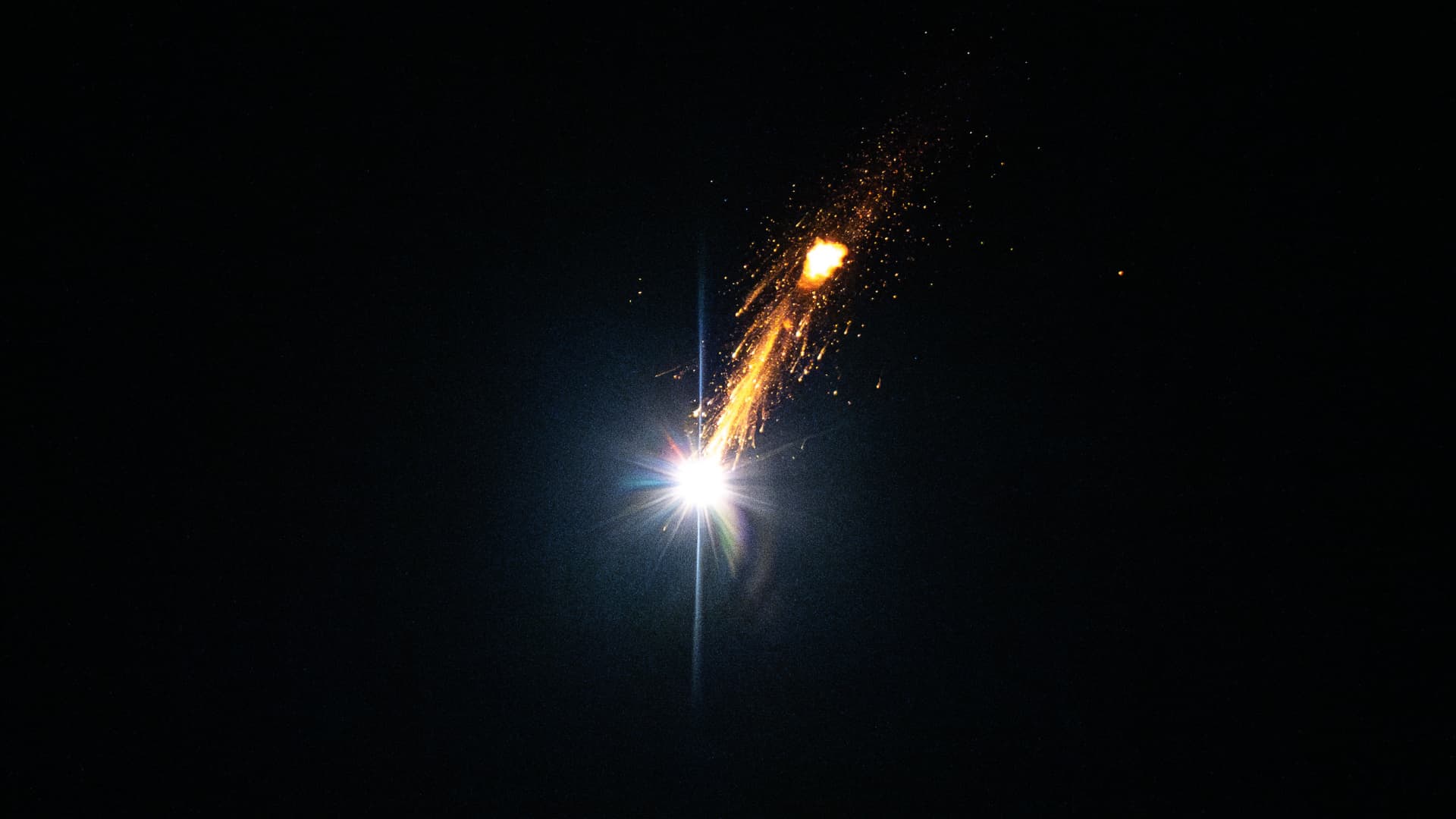

Leave a Reply